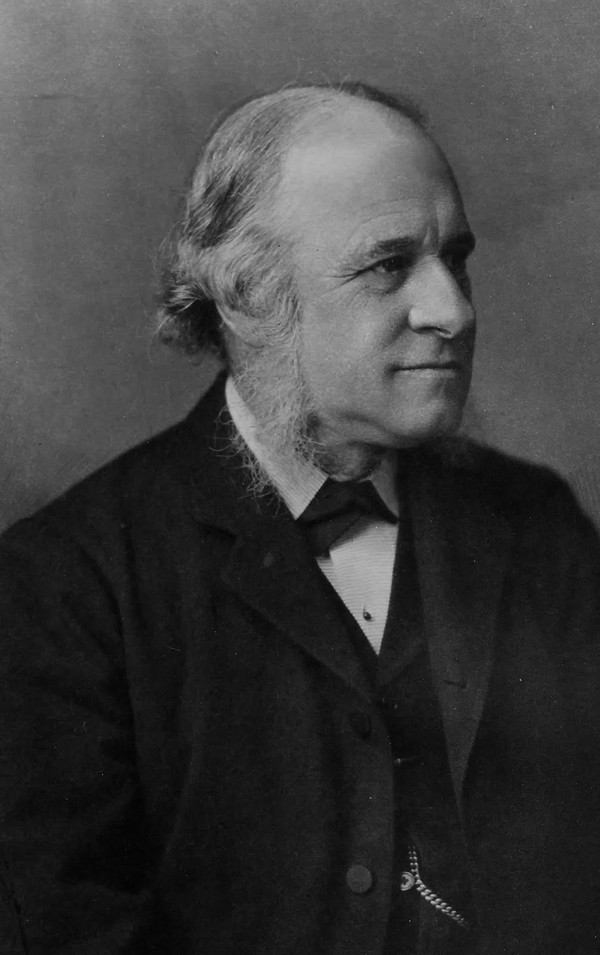No items found.
| PRICE | Image | Title | Artist | Genre | Style | Label | Year | Country | Format | Condition | Comment | |
|---|---|---|---|---|---|---|---|---|---|---|---|---|
| No items found. | ||||||||||||
No items found.
No items found.



Sir George Grove (13 August 1820, London — 28 May 1900, Ibid.) was a British musicologist, scholar, arts administrator, and lexicographer, best known as the inaugural director of the [url=https://discogs.com/label/290263]Royal College of Music[/url] (from its foundation in 1883 until Grove's retirement in 1894), and the founding editor of Grove's Dictionary of Music and Musicians, first published by [url=https://discogs.com/label/913580]Macmillan[/url] in 1879–89. Still in print over 130 years later, it's regarded as one of the most reputable and authoritative reference English publications on academic and contemporary music. Since 2004, the New Grove Dictionary of Music and Musicians has been owned and published by Oxford University Press (also accessible via Grove Music Online paywall service).
Grove had a career in civil engineering before his passion for music prevailed, and he became a music administrator and secretary at the Crystal Palace in London. For many years, George organized orchestral concerts and wrote countless programme notes. Particularly fascinated with Franz Schubert (largely forgotten in England in the mid-XIX century), Grove traveled to Vienna with his friend, British composer [url=https://discogs.com/artist/844248]Arthur Sullivan[/url] (1842—1900), to search for Schubert's manuscripts. In 1867, they discovered a few symphonies and other works, including his lost "incidental music" score for Helmine Von Chézy's play Rosamunde (1823); their research subsequently led to renewed interest in Schubert's music in the UK.
In 1873, George Grove resigned from the Crystal Palace and joined prominent [url=https://discogs.com/label/913580]Macmillan Publishers[/url] in London as the company's director. In March 1874, Grove pitched his magnum opus — a comprehensive encyclopedia devised to be among the first "English works on the history, theory, and practice of music, and the biographies of musicians, accessible to the non-professional reader." Initially planned as a two-part edition of about 600 pages per volume, A Dictionary of Music and Musicians resulted in four volumes with 3,120 pages, issued by Macmillan over 12 years. The second edition, under John Fuller Maitland, came out in five volumes (1904 to 1910), renamed "Grove's Dictionary…" to commemorate the original author. From 1927 to 1954, Macmillan ran five more editions (with [a2034362] and Denis Stevens as editors), reprinted many times throughout the 1960s and mid-1970s. It was rebranded as "The New Grove Dictionary…" and expanded to 20 volumes in 1980, edited by Stanley Sadie and Nigel Fortune.
In 1882, Grove became the new director of the National Training School for Music in London, which at the time was on the brink of survival; the parliament even proposed to merge it with the equally struggling Royal Academy of Music (which retained its autonomy, though, and subsequently revived under Sir Alexander Campbell Mackenzie). George led a successful fundraising campaign, leading to the official opening of the [url=https://discogs.com/label/290263]Royal College of Music[/url] in May 1883; the same day, Grove received his knighthood.
No items found.
| PRICE | Image | Title | Artist | Genre | Style | Label | Year | Country | Format | Condition | Comment | |
|---|---|---|---|---|---|---|---|---|---|---|---|---|
| No items found. | ||||||||||||
No items found.
No items found.